As a woman, have you ever been a victim of single shaming, when people have acted horrified about the fact that you are not married yet?
In a culture that places disproportionate value on one’s relationship status, it is no wonder so many singles struggle with self-worth. The myth of happily ever after, along with the dictum that every woman should be married by a certain age, has been embedded within our collective narrative for ages. That you are a “plus one” if coupled, but a “minus one” if not, does not quite add up.
Psychological Effects of Single-Shaming
As a therapist, one of the things I find most perplexing is how so many smart, successful, and confident women have cemented within them the belief that if they have not found “the one,” then there must be something wrong with them.
This is a distorted belief that reflects an equally distorted yet persistent cultural norm. Believing that one’s life is somehow incomplete without a partner is as absurd as it is dangerous. Shame, in all its forms, invades our psyches, undermines our accomplishments, and erodes our self-worth. And where one’s self-worth is compromised, the potential seeds of depression are planted.
Single women are members of one of the most stigmatized groups we refuse to acknowledge. Single men face stigma as well, but not nearly to the same extent. Just consider the connotative contrast between “spinster” and “bachelor” or “playboy.” The cultural lie tells us that a woman has not reached the true pinnacle of success or become a fully realized person until she walks down the aisle or has a ring on her finger.
But what if she doesn’t want to “say yes to the dress”? And if she wants to put a ring on it, why can’t she buy the ring herself? What if she wants to go to Jared!?
Want to know more about why women should not be pressured to get married? Read Studies Reveal That Men Gain More From Marriage Than Women
All the Single Ladies
More and more millennials are delaying marriage and instead choosing to focus on shaping careers, nurturing friendships, and honing creative talents. According to the 2017 Census, more than 45 percent of Americans age 18 or over (about 110 million people) are single. This includes those who are divorced, widowed, and never married. Thirty percent of women in the U.S. have never been married.
In her empowering 2016 book, All the Single Ladies: Unmarried Women and the Rise of an Independent Nation, Rebecca Traister explores the origins of negative stereotypes and stigma against single women:
“When people call single women selfish for the act of tending to themselves, it’s important to remember that the very acknowledgment that women have selves that exist independently of others, and especially independent of husbands and children, is revolutionary. A true age of female selfishness, in which women recognized and prioritized their own drives to the same degree to which they have always been trained to tend to the needs of all others, might, in fact, be an enlightened corrective to centuries of self-sacrifice.”
Looking to know more about why you should not let single-shaming get to you? Read 7 Reasons Why You Should Stay Single In Your Twenties
Singlism
Bella DePaulo, author of Singled Out: How Singles Are Stereotyped, Stigmatized, and Ignored, and Still Live Happily Ever After, has been researching and writing about single stigma for decades. She even coined a term for it: singlism.
She writes about the obvious and not so obvious ways in which single people are stereotyped and discriminated against, including the various economic and social disadvantages that they face.
On her Psychology Today blog, DePaulo offers up some delicious zingers, as well as serious answers, to the ridiculous questions singles are asked. For example, in response to “Why aren’t you married?” you can respond with the equally ridiculous, “Why aren’t you a Christmas tree?”
Unmarried does not equal unworthy
Being in a romantic relationship should not be an obligation, regardless of what society—or your mother—tells you. There are many paths toward happily ever after; marriage is but one. DePaulo writes:
“If you are not already a happy person, don’t count on marriage to transform you into one. If you are already happy, don’t expect marriage to make you even happier … finally, if you are single and happy, do not fret that you will descend into despair if you dare to stay single. That’s not likely either.”
Want to know more about why single-shaming is unnecessary and wrong? Read Women Who Remain Single For A Long Time End Up Being The Happiest
A New Narrative
We need a new cultural narrative in which one’s worth is de-coupled from one’s relationship status. When biased policies that alienate singles become obsolete, when marriage is no longer fetishized and touted as the be-all and end-all, and when women can stop equating their worth with their marital status, we will have truly progressed.
What if, rather than obsessing on the single goal of partnering, we set a new goal: cultivating self-compassion and self-acceptance? What if we made a commitment to ourselves, to live our best lives, in sickness and in health, for richer or for poorer, and most importantly, with a partner or without?
DePaulo, B. (2006). Singled out: How singles are stereotyped, stigmatized, and ignored, and still live happily ever after. St Martin’s Press.
Traister, R. (2016). All the Single Ladies: Unmarried Women and the Rise of an Independent Nation, Simon Schuster.
Written By Allison Abrams
Originally Appeared In Psychology Today
If you have ever been on the other side of single-shaming, then don’t let that get to you. People who think that marriage is the ultimate goal and your life is incomplete without it, you don’t need to dignify them with a response. Keep working on yourself and love yourself every single day. Whether you want to get married or not is ultimately up to you, and never let anyone tell you otherwise.
If you want to know more about single-shaming, then check this video out below:
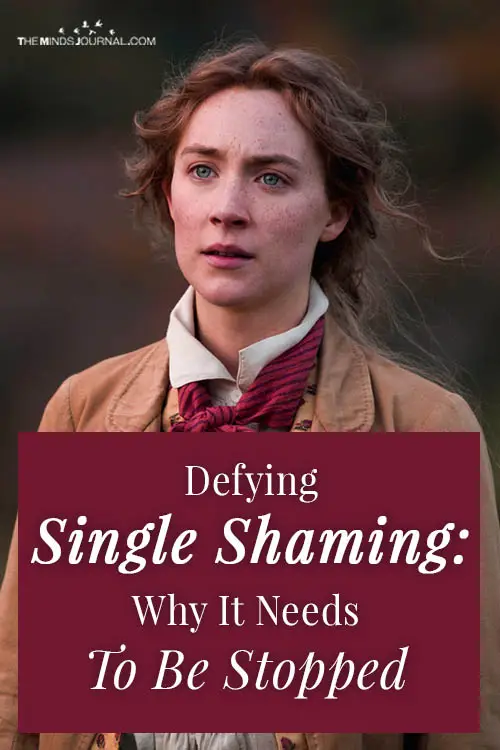
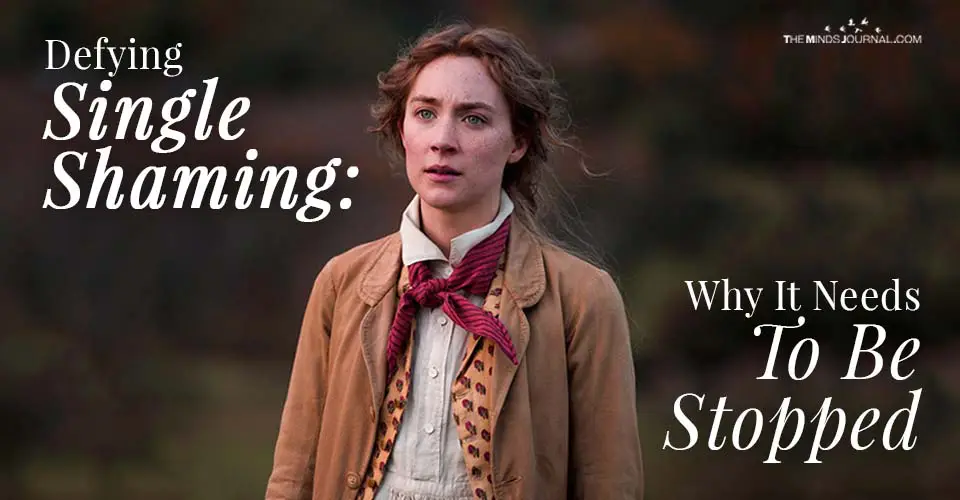

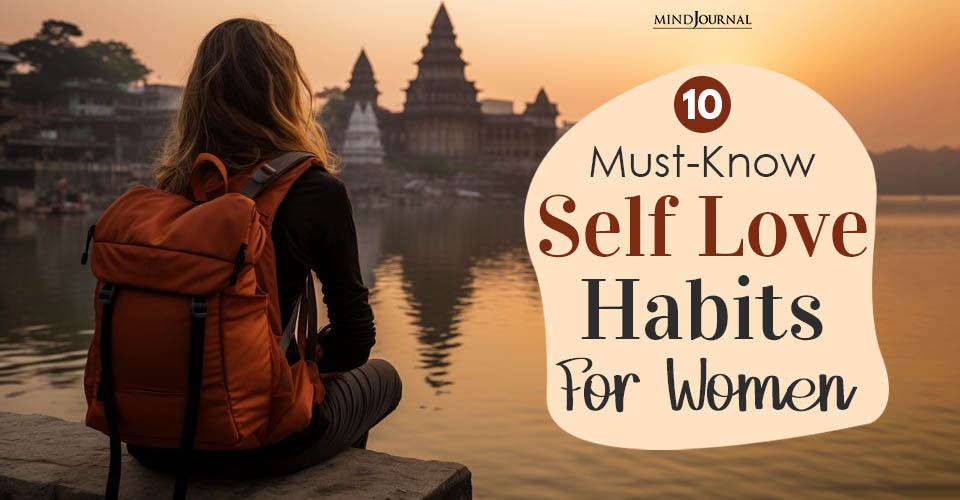

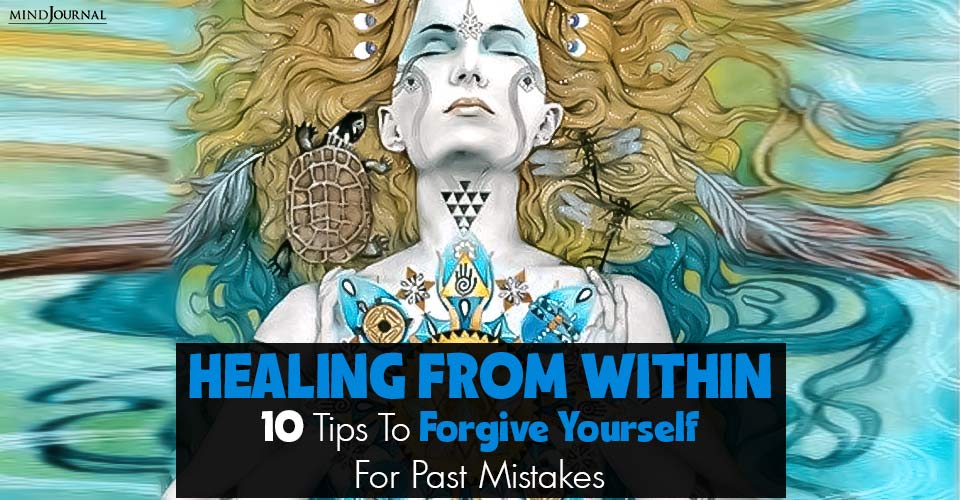
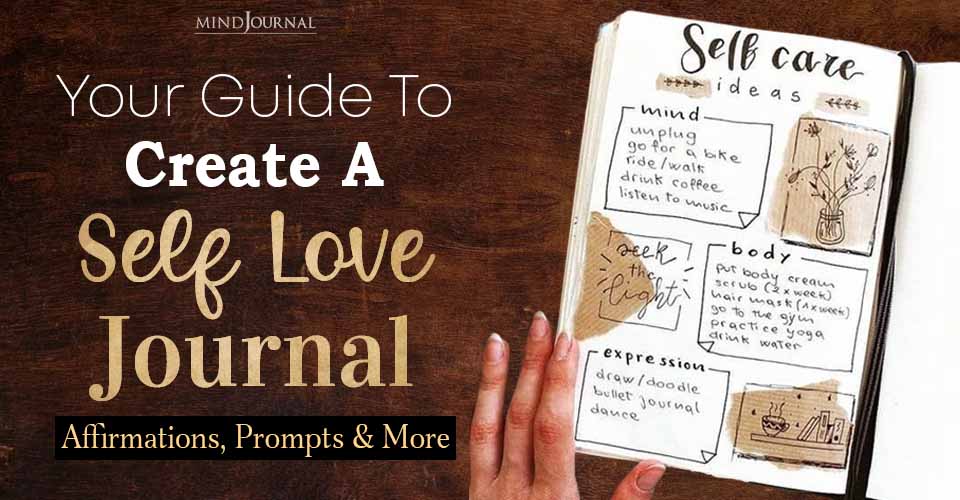
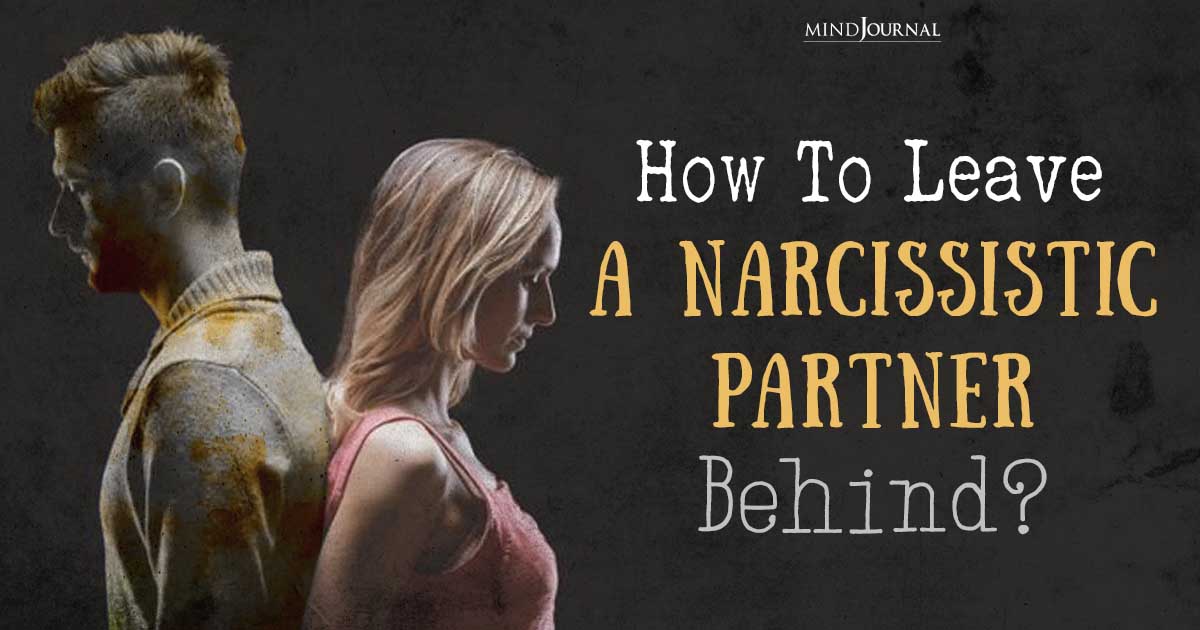
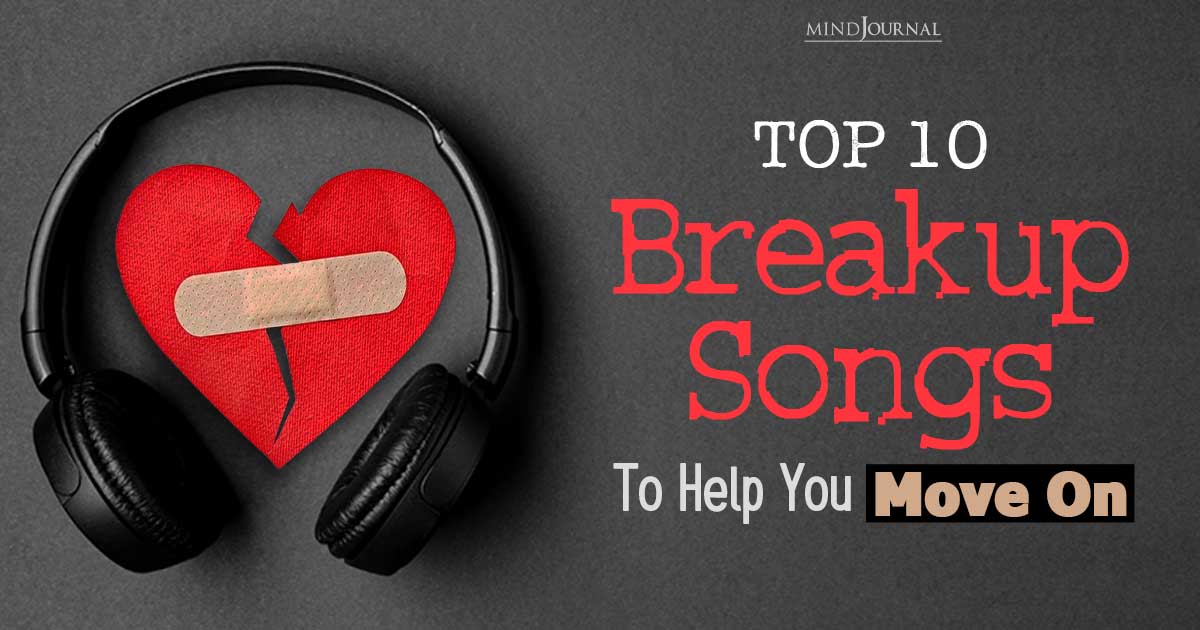
Leave a Reply
You must be logged in to post a comment.